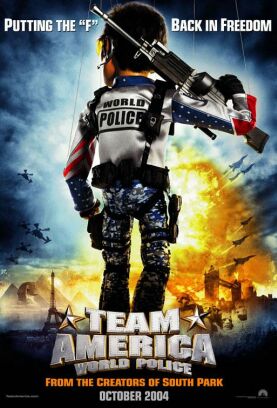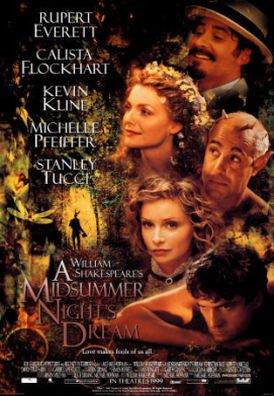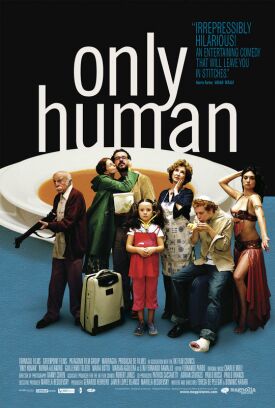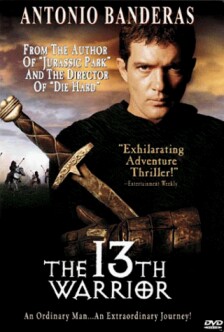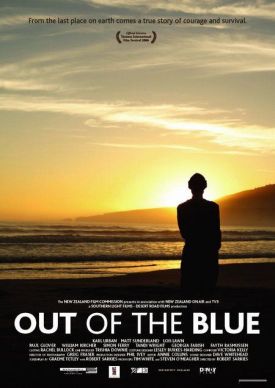Team America: World Police
On the whole I think that the spate of political movies during this election season has been a good thing, even though 90 per cent of what has come out has been thumping the tub for what I stubbornly persist in thinking think the wrong, even the emphatically wrong side. This is because it means that those who would otherwise just have silently assumed that my side were either morons or deeply corrupt now have come out in the open and tried to make some arguments against us. It’s true that they are not very good arguments and are unlikely to appeal to anyone not already a member in good standing of the anti-Bush brigades, but at least the decision to enter the arena of political debate on one side or the other opens up the possibility of discussion, which didn’t exist before, just as it hasn’t existed in the media since the advent of the “objective” journalist, licensed by his “profession” to pronounce his views with authority from an Olympian height above the battle. That was why Jon Stewart’s recent complaints about “Crossfire” — one of the few shows on television that doesn’t “privilege” the views of one side or the other, usually the liberal side — were so spectacularly misconceived.
Now, having seen almost everything Hollywood has to offer by way of propaganda on behalf of John Kerry and against President Bush, I am inclined to think that Trey Parker’s Team America: World Police, a pastiche of the 1960s TV puppet show Thunderbirds, is likely to prove a much stronger riposte than Celsius 41.11 or any of the other few and feeble pro-administration movies. I don’t know what are the politics of Mr Parker or Matt Stone, his collaborator both on this movie and the raunchy cable TV show South Park, but I suspect that they are in most respects (for Hollywood) conventionally leftist. Certainly there was nothing in South Park: Bigger Longer & Uncut (1999) to suggest that they were capable of seeing so clearly, as they have done in Team America, two things that others on the left are, at least from what we can tell during this election campaign, wilfully blind to — nor of giving expression to them in one of the funniest but also filthiest movies I have ever seen.
The first of their unexpected insights is that America’s leadership of the War on Terrorism is not optional. John Kerry constantly appeals to the September 10th mentality of those who believe — or wistfully hope — that the response to the atrocities of September 11th could have been confined to toppling the Taliban in Afghanistan and bringing Osama bin Laden home in chains, as he claims he, unlike the President, would have done. That mission accomplished (to coin a phrase), we could hope for a return to the happy days when terrorism was merely a “nuisance.” It’s not true. The desire of Americans to believe it is true may be strong enough to take Kerry to the White House, but that won’t make it any more true for his administration than it has been for President Bush’s. We are at war, and we have no choice but to fight that war. Parker and Stone and their co-writer Pam Brady suggest that they understand as much. For when their puppet hero, Gary, is invited to join Team America to fight the terrorists, he asks: “Why is it my responsibility to fight terrorism?”
“Because,” he is told, “you have the power.”
Later in the film, after a guilt-stricken Gary has left Team America because of a thousand deaths — any significance to that number, I wonder? — caused by his blunder, he returns for the same reason: “Why? Because you’re the one with the power.” In context, these are among the very few lines in the movie not susceptible of a comic or ironic interpretation, even though Gary’s “power” consists only in his ability to act. And this brings up Team America’s second major insight, which is the extent to which the anti-Bush forces make their appeal on the basis of an essentially frivolous and self-righteous notion of what is fashionable and “cool” derived from and embodied in the comical inanity of Hollywood politics. If Alec Baldwin, Tim Robbins, Susan Sarandon, Sean Penn, Matt Damon or any of the score or so other left-wing luminaries of Tinseltown lampooned in this movie, all of whom are identified on screen with the acronym of the fictional “Film Actors’ Guild” after their names, had any sense of shame at all they would never show their faces in public again after the shellacking they take. Of course they don’t, so they will.
And now we must address ourselves to the question of the movie’s astonishing, jaw-droppingly bad taste, of which perhaps the most striking example is the fact that all these Hollywood lefties are blown away in the end by Team America. There is not really any excuse for this, any more than there is for the Guardian columnist who apostrophized “John Wilkes Booth, Lee Harvey Oswald, John Hinckley Jr — where are you now that we need you?” He too tried to claim that it was just a joke, but for all the dislike of Bush there is in Britain, I don’t think his remark can have been greeted with anywhere near as much laughter as the movie deaths of these movie puppets, who are thus at least twice removed from the world in which such actual assassins as Booth, Oswald and Hinckley exist. Perhaps with the same excuse but with a lesser degree of distance from reality, Mr Penn himself is starring in a new movie, to open at Christmas, in which he employs all his own acting talents to win our sympathy for a little remembered nut-job who in 1973 tried to assassinate Richard Nixon by flying an airplane into the White House and never got further than killing a couple of people and himself on board the airplane.
Still, I don’t wish to apologize for Parker and Stone’s offensiveness — only to mention that it is, always and everywhere, the very point of their film. They have entered the debate over the War on Terrorism with the same ham-handed disregard for “collateral damage” as Team America enters the war itself. Again and again we see the puppet heroes inadvertently destroying the monuments of civilization — the Louvre, the Eiffel Tower, the Great Pyramid and the Sphinx — in their pursuit of terrorists, and we find it hard not to laugh. I think this is not just because, when it comes to American military enterprises on behalf of the whole world, neither France nor Egypt has shown itself to be particularly helpful or sympathetic. Their careless smashing up of the good along with the bad also expresses an essential if very uncomfortable truth. As Gary puts it in his hilariously obscene climactic speech to the assembled representatives of the nations of the world: “We’re reckless, arrogant, stupid d***s and the F.A.G. are pussies.” In other words: too bad. If you want a nasty job done, you’d better choose the reckless, arrogant, stupid d***s rather than the pussies, whose idea of combatting terrorism is to sit around talking about it. “That is the F.A.G. way,” as the Alec Baldwin puppet proudly puts it.
The film’s scenes of the North Korean leader Kim Jong Il singing “I’m So Ronery” — oh, I forgot to mention the offensiveness of the film’s racial (or at least linguistic) stereotyping — and of puppet sex still have the power to make me laugh out loud days after seeing it. But its moral and political seriousness is also undeniable. Even A.O. Scott, the New York Times critic, called Gary’s speech “one of the more cogent — and, dare I say it, more nuanced — defenses of American military power that I have heard recently.” That may be overstating it just a bit (Mr Scott probably doesn’t read very many defenses of American military power), but when I was finally able to stop laughing, I wondered whether the movie’s equal opportunity tastelessness was the only way for Hollywood to say something sensible about war and politics, given the constraints under which both political discourse and the language of the cinema operate today.
Certainly a version of The Thunderbirds, whether puppetry or live action, that took its ethos of clean-cut, unironic heroism seriously would be unimaginable today, even for children — which is probably why Universal decided, disastrously, to release a feature length movie adapted from the show earlier this year. Of course it wasn’t anything like the original. Hollywood has made us far too sophisticated for that. But that sophistication — the smug, knowing, self-satisfied assumption of moral superiority that the film would have shown us is rife in Hollywood if we didn’t already know it — is vulnerable to one thing, which is its own brand of merry cynicism. When the world is reduced to an elemental struggle for mastery between equally inglorious — if not equally wicked — opponents who are named after vulgarisms for the reproductive and excretory organs of the body, maybe it’s just a little bit easier for people to realize which side they’re on.
Discover more from James Bowman
Subscribe to get the latest posts to your email.

